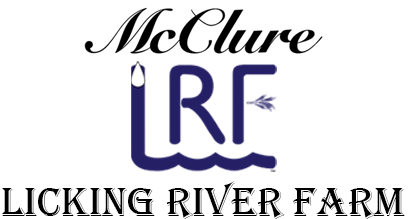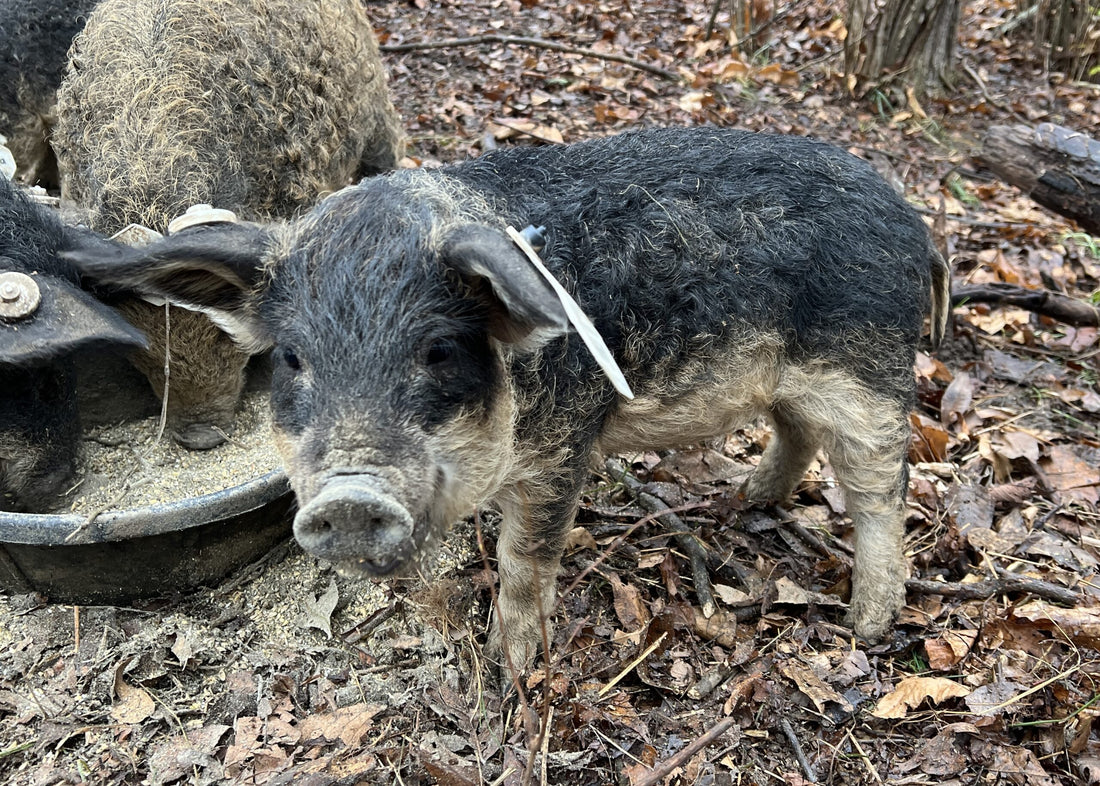The Mangalsta pig (also Mangalica or Mangalitza) is a Hungarian breed of domestic pig. Mangalist pig developed in the mid-19th century by crossbreeding breeds from the nearby Romanian Salonta (Hungarian: Nagyszalonta, colloquially Szalonta) and Hungarian Bakony with the European wild boar and the Serbian Šumadija breed.
The Mangalista Pig
breed at one point was almost extinct in the 1990's fewer than 200 pigs remained in Hungry. Many consumers were concerned about the warnings that Fat was bad for you, so people stopped eating Fat. At one point in Hungary, 90% of the pigs were Mangalista or (Mangalica) as they often called. With high-fat content, they became highly prized because somebody can store their lard for much longer than meat. With the onset of electricity and modern commercial production demands the Mangalista Pork became more of a luxury product. After the second world war, communism almost destroyed the Mangalista. Hungary country started a campaign to save the breed with the slogan you have to eat them to save them.
The pig fat
is healthy for you. It is rich in omega-3 fatty acids and good fats, unlike the bad saturated fat in most meats. Due to the high content of oleic acid. The Mangalista pig resembles olive oils or fish oils, such as salmon oil. Some call them land salmon and see more on the subject of the fatty acid profile of this heritage breed of pork. Most Pork in the Grocery store is white in color and has less than 10% fat in a factory-produced pig. The Mangalista carcass is roughly 60% fat, consumers and chiefs realize that a pig without any fat is tasteless. Store-bought pork chops do not have much fat and will dry up when you cook them. The Mangalista is red and rich in marbling, often known as the Kobe beef of pork.
McClure Licking River Farms' goal is to help preserve the breed and at the same time offer premium heritage pork for sale. We use regenerative agriculture practices and are certified organic. The Mangalista pigs get a mixture blend feed that contains no soy and no corn. They are fed a custom blend of organic barley, peas, sunflower meal, and alfalfa pellets. The pigs are outside in a mix of pasture and woods and have lots of access to acorns and other forage mixes planted in rotating paddocks.

The breed is threatened by the limited genetic diversity and why McClure Licking River farms is a member of Mboar the official registry McClure Liking River Farms make every effort to register all of our livestock including the Mangalista Pasture-raised pigs. The primary goal of Mboar is to help in selecting parental pairs to avoid inbreed percentages and use selective breeding to help preserve this heritage breed of pigs.

